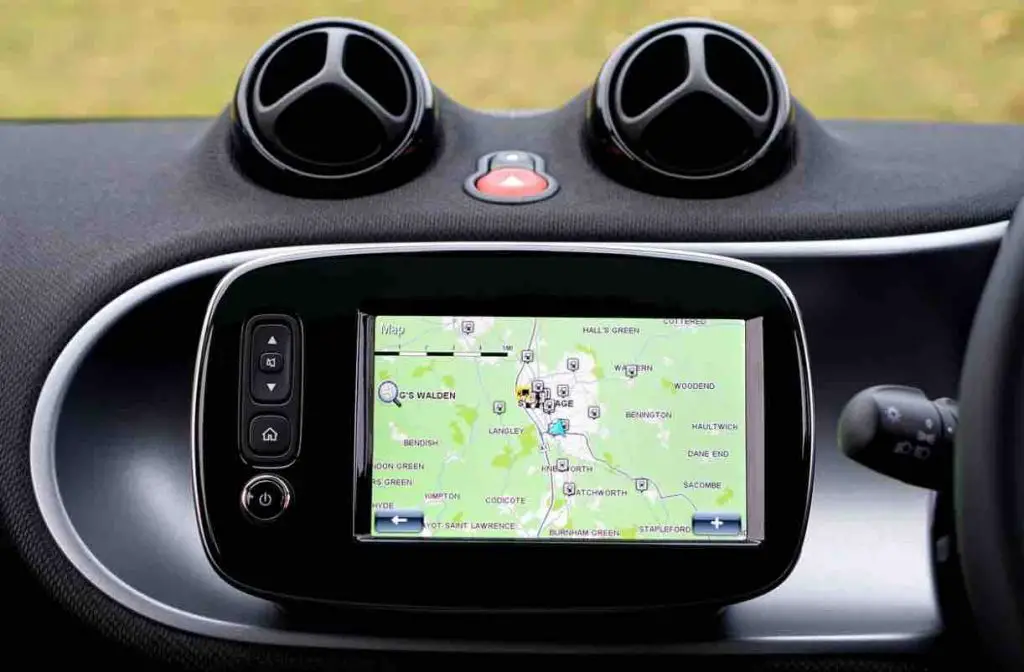Navigation technology has vastly improved the lives of everyone, whether they’re directionally challenged or not. There is no doubt that companies across all industries benefit from the superior performance of modern GPS, both as a tracking solution and a map. Let’s take a look at how a GPS works and how you can take full advantage of this technology.

How GPS Works
Satellite Navigation uses a global network of satellites that transmit radio signals into the earth’s orbit. There are about 31 GPS satellites in rotation at all times, with many governments offering their citizens free use of this technology. Basic GPS services provide users with an approximate 7.8-meter accuracy of 95% of the time.
GPS tech is getting smarter and provides last-mile delivery teams the upper edge, which is why it’s becoming more vital to develop better GPS for delivery drivers, health care workers, and taxis. There are multiple other industries that use this technology, such as the ones below.
Industries That Benefit From GPS Technology
Taxi/Rideshare Programs/Limousines
GPS technology takes the guesswork out of finding a customer’s destination. Before this technology, a taxi driver needed to study every single part of a city while taking several tests to keep this knowledge at the front of their minds. When all else failed, a taxi driver would have to take directions from the customer or use a map, which lengthened the time spent in the vehicle.
Taxi services, rideshare programs, and limousines are reliable and are more likely to provide efficient and fast service. They’ll spend less time driving and more time picking up customers.
Read: IPhone privacy settings you should activate
Tracking Utilities
Cable, electric, and HVAC companies also need GPS tracking for the same reasons as taxis, but they can also use this technology for another purpose: tracking their employees. Managers will be able to track where their trucks are at all times. This can help ensure that their employees are at the job and follow how long it took the agent to do it.
While this may seem malicious, this isn’t always the case. Knowing how long a job can take will benefit the customer and industry in the long-term.
Sale/Delivery/Transit
Many industries use a combination of tracking their employees and customers to ensure their jobs are running smoothly. For example, someone in sales will need to know their clients’ location, while a delivery service could use the same technology to deliver food, flowers, or objects in the recommended time frame their client requested.
People who ride public transit can check if their bus, train, or airplane is on time. You won’t need to wait outside 15 minutes early, hoping the bus is on time!
Trucking
In the trucking industry, time is of the essence. All truckers must stay on route and ensure that their stock arrives at the destination at a given time or date; otherwise, the store they’re delivering to may not be able to provide for their customers. At the same time, truckers need to follow safety procedures to prevent speeding and accidents.
Read: Best spy apps for Android phones
GPS technology can help truckers chart their route, rather than guess how long the drive will take. Truckers will also know if a road is closed or too treacherous.
Law Enforcement
The ability to respond quickly is one of the many skills law enforcement needs to keep their community safe. A GPS can help determine which police vehicle is the closest to the call and prioritizes that squad car rather than one that is farther away. With technology like Skypatrol, dispatchers can quickly provide police officer with the information they need.
If a police officer needs to respond quickly to a crime, GPS will also determine the quickest route to take and one with less traffic.
Author: rob@thecopywriter.io
If you like the content, we would appreciate your support by buying us a coffee. Thank you so much for your visit and support.



